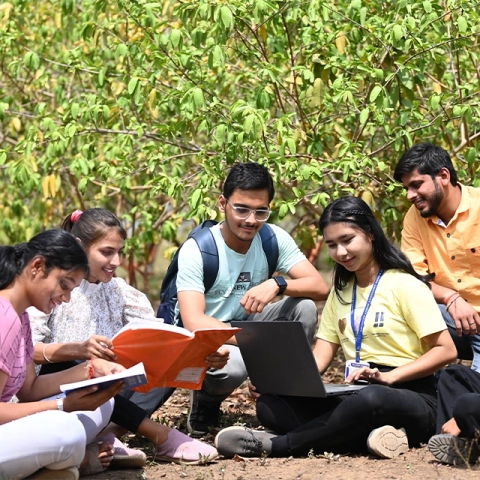Plant Pathology focuses on safeguarding crops and plants from pests, diseases, and environmental stresses to ensure agricultural sustainability, food security, and biodiversity conservation. Its vision is to establish a healthy, pest-free agricultural ecosystem that supports global food production and enhances environmental resilience. The mission includes developing innovative and eco-friendly pest management strategies, promoting integrated pest control practices, and advancing scientific research in plant health. The scope of plant protection spans agriculture, horticulture, forestry, and landscaping, addressing challenges such as climate change, pest outbreaks, and the need for sustainable farming practices to secure a stable future for both agriculture and the environment.
Duration of programme
Level of Study

Study of plant diseases caused by pathogens like fungi, bacteria, and viruses, and Understanding insect pests and their impact on crops.
Combining biological, cultural, and chemical methods for sustainable pest control (Integrated Pest Management).
Pesticide Usage and Toxicology to promote Safe and effective use of pesticides, along with their environmental impact and Advanced techniques to study plant-pathogen interactions at the molecular level by the use of Molecular Phytopathology.
Plant Breeding and Biotechnology to Developing disease-resistant and pest-resistant crop varieties.
Minimum 55%
B. Sc. (Hons) Agriculture, Horticulture, Forestry